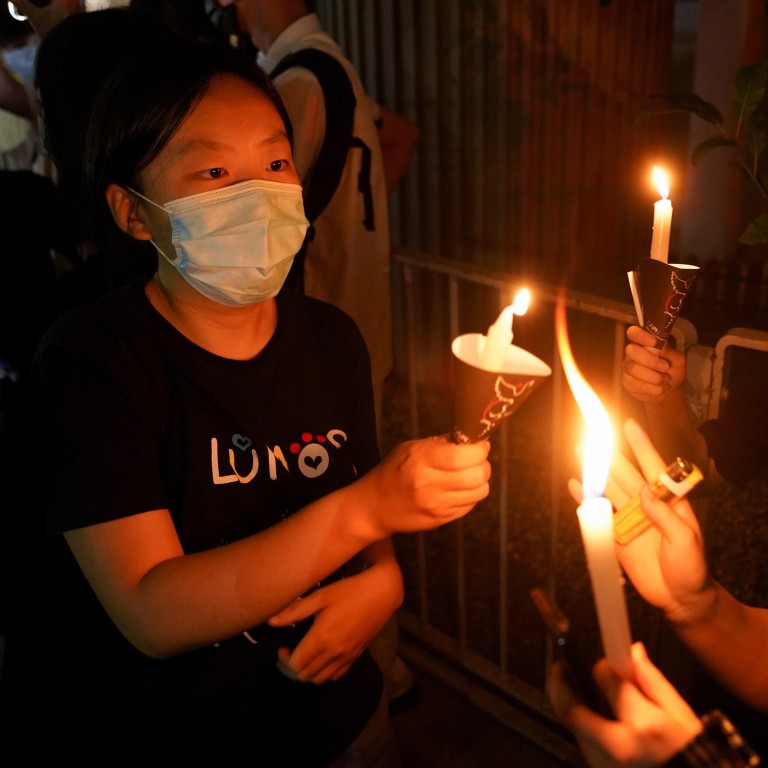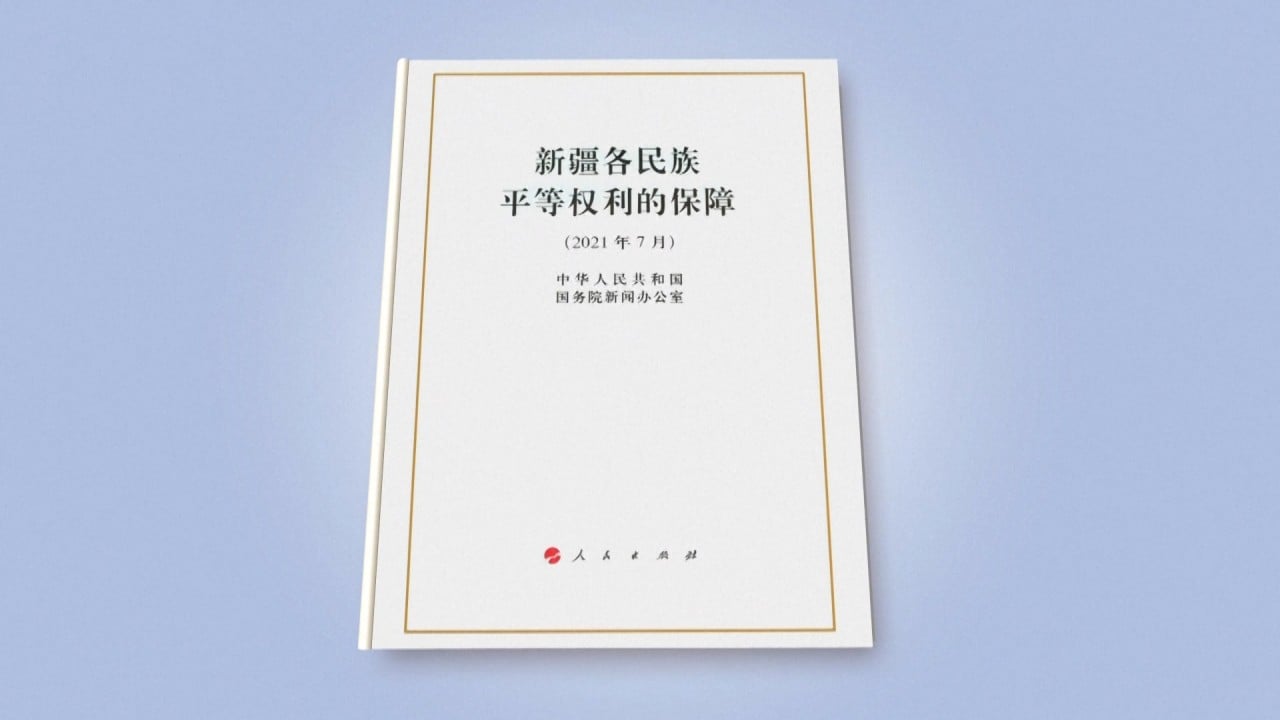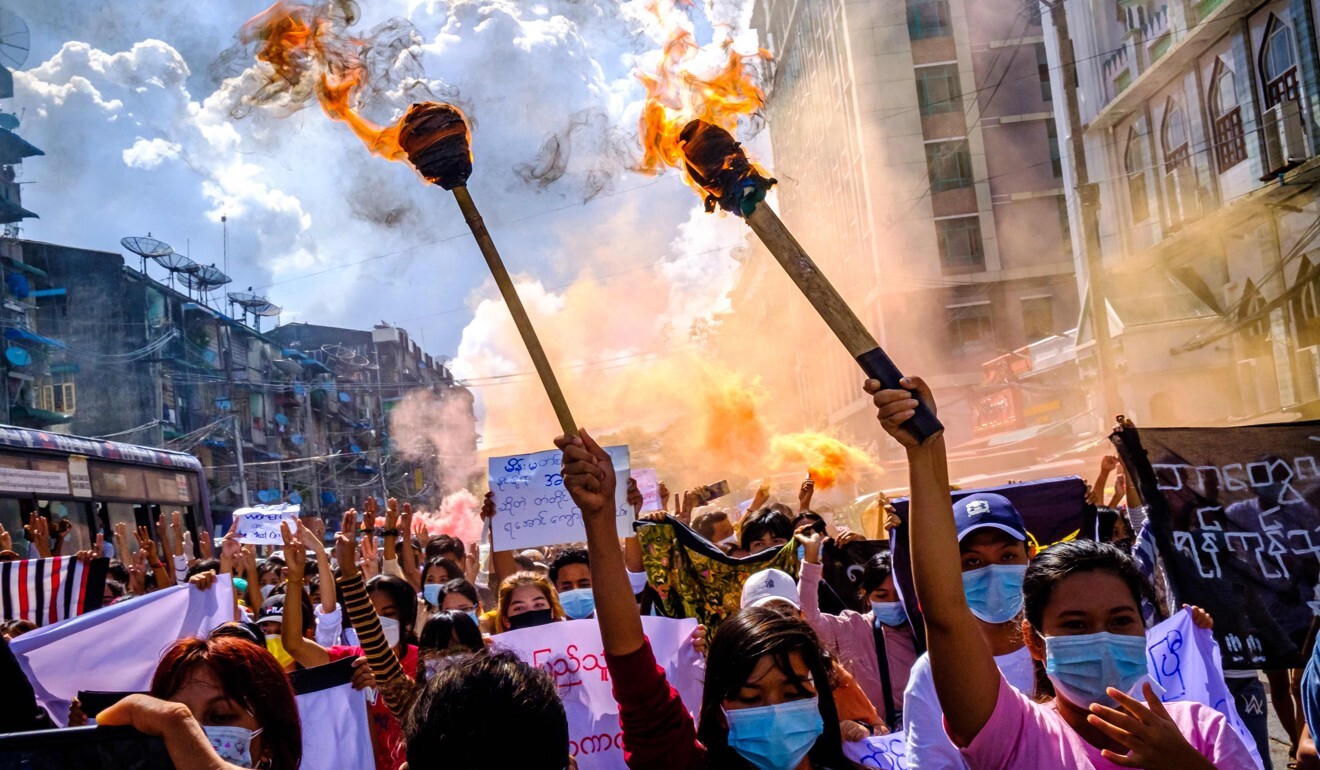
Australia’s proposed Magnitsky-style sanctions law could target China: analysts
- The reforms, expected to be adopted before the end of the year, will allow Canberra to punish individuals or entities for gross human rights violations or corruption
- Analysts say the new powers are likely to target Beijing for its crackdown on dissent in Xinjiang and Hong Kong
Under the proposals, Canberra would be able to impose targeted financial sanctions and travel bans on individuals or entities accused of gross human rights violations and other activities such as weapons proliferation, cyberattacks and corruption.
Foreign Marise Payne said on Thursday the government intended to introduce the reforms to target “sanctionable conduct wherever it occurs” before the end of the year.
The move follows a December 2020 parliamentary committee report that recommended the introduction of Magnitsky-style legislation – named after late Russian whistle-blower Sergei Magnitsky – similar to that in place in the United States and Britain.
Who is shaping Canberra’s increasingly hawkish policy on Beijing?
The Chinese embassy in Australia at the time accused Canberra of “maliciously spreading lies and disinformation” and applying “double standards on human rights,” including in its treatment of Indigenous Australians and military activities in the Middle East.

01:50
China claims improved living standards and ethnic equality in Xinjiang while ignoring allegations
Senators and outspoken Beijing critics James Paterson and Kimberley Kitching, who both serve as co-chairs of the Inter-Parliamentary Alliance on China, are among the key advocates of the Magnitsky-style reforms.
Sophie McNeil, Australia researcher for Human Rights Watch, described the proposed revisions as a “welcome first step in holding human rights abusers and corrupt officials everywhere to account.”
Did China Mobile rumours lead Australia to make a wrong call over Digicel?
Nathan Atrill, a lecturer in Chinese foreign policy at Australian National University in Canberra, said he expected China to be a major target of the new sanctions regime, along with Russia, Myanmar and Belarus.

“Beijing has made it quite clear that it believes Australia is solely responsible for the deterioration of the relationship,” said Atrill.
“Canberra has made it clear it is not going to be driven by demands or preconditions dictated by their counterparts in China to repair the relationship. Things are likely to continue along the current trajectory.”
James Laurenceson, director of the Australia-China Relations Institute at the University of Technology Sydney, said it was “safe to say” Australia would not hesitate to join sanctions against Chinese officials in conjunction with its partners and allies.
“The fact Beijing has only been able to inflict limited economic damage on Australia over the past 18 months has led to increased assuredness in Canberra,” Laurenceson said.
“The reality of the politics around legislation of this sort is that it is hard to imagine it being wielded against officials of countries with which Australia is seeking a closer strategic partnership.
If that turns out to be the case, China won’t miss its selective application and so conclude it is more about anti-China strategic manoeuvring than a genuine commitment to, for example, values around human rights.”

